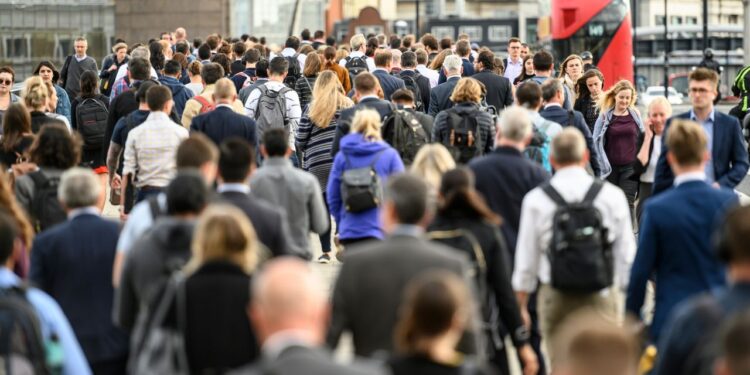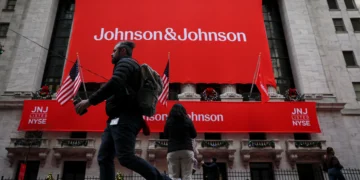A new report shows that Britain’s unemployment rate has fallen to its lowest levels since 1974.
According to the country’s government, 3.6% of adults were unemployed and seeking new roles in the three months ending in July, a slight dip from the previous average of 3.8%.
In addition to sliding jobless rates, the report showed that wages have outpaced pre-pandemic averages, a result of rising inflation.
However, because of the simultaneous growth in long-term sickness, the country’s economy has little to no room to grow without surpassing the Bank of England’s inflation target of 2%.
“For a government that wants to cut taxes to boost growth, today’s figures spell trouble,” said Tony Wilson, director at the Institute for Employment Studies. “If we don’t do more to help more people into work, then any tax cuts will just lead to even higher inflation and higher interest rates for longer.”
Recently appointed Prime Minister Liz Truss recently introduced a multi-billion pound rescue package that would help alleviate high energy bills for people and businesses.
“The cost-of-doing-business crisis is intensifying,” said Jane Gratton, head of policy at the British Chambers of Commerce. “With firms doing their best to keep afloat during a period of spiraling costs, they are also facing an extremely tight labor market, which is further impacting their ability to grow.”
Much like other countries, Britain is at a crossroads when it comes to its economic future. While demand for talent remains high, the cost of living continues to increase, leaving businesses at risk of falling victim to an impending recession that is expected to occur by the end of the year.



 Dr. Gleb Tsipursky – The Office Whisperer
Dr. Gleb Tsipursky – The Office Whisperer Nirit Cohen – WorkFutures
Nirit Cohen – WorkFutures Angela Howard – Culture Expert
Angela Howard – Culture Expert Drew Jones – Design & Innovation
Drew Jones – Design & Innovation Jonathan Price – CRE & Flex Expert
Jonathan Price – CRE & Flex Expert










